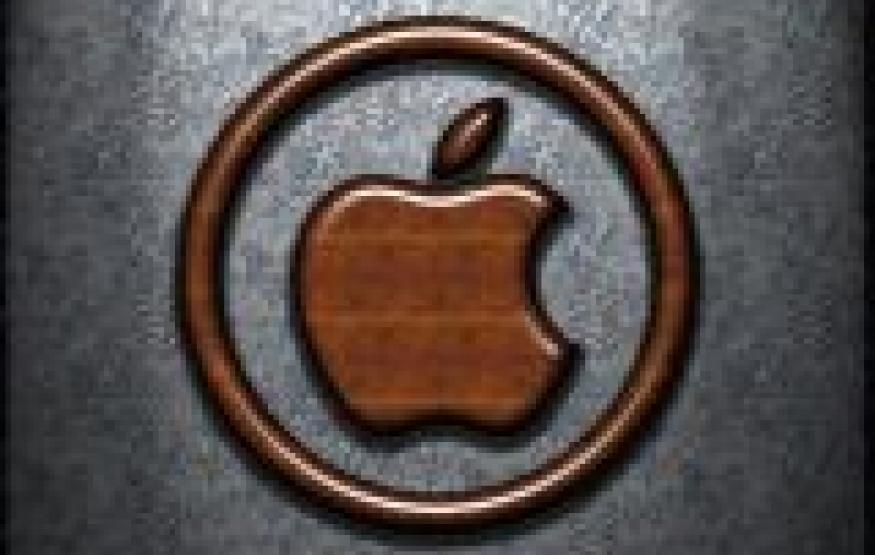Apple previews Leopard OS

Apple Computer showcased its Leopard operating system, due out next year, to the cheers of software developers gathered for a major conference.
With its trademark theatrical flair, the maker of Macintosh computers and iPod music players demonstrated new Leopard features that included playful “iChat” video-conferencing and a “Time Machine” that resurrects lost data. More than 4,200 software developers from 48 countries registered for the week-long Apple conference, according to the company.“With our entire digital lives on the computer, Time Machine is none too soon,” Apple chief executive Steve Jobs said in an opening speech to a packed auditorium. “We think iChat for Leopard is going to be a grand slam.” Apple gave a preview version of Leopard software to developers at the conference so they could begin crafting applications to complement the operating system, Jobs said. “We are working very hard on this and think we will get it out next spring,” (US) Jobs said, disappointing some in the crowd who had hoped for an earlier release date. Rival Microsoft, whose software powers 90 percent of the world’s computers, plans to release its own new operating system, Vista, in January. Apple executives taking part in the demonstration lampooned software colossus Microsoft and the delayed release of Vista. “Our friends up north spend over five billion US dollars on research and development and all they seem to do is copy Google and Apple,” Jobs quipped, referring to Microsoft’s headquarters in Redmond, Washington. “I guess money isn’t everything.” Time Machine was inspired by a survey that indicated only 26 percent of Macintosh users regularly backed up information on their machines to avoid losing it forever in system crashes. The feature automatically copies music, pictures, applications, files and “absolutely everything” a person puts on their Macintosh, according to Apple vice president of platform experience Scott Forstall. Leopard also had simple tools for people to create “widget” applications that stream feeds from websites onto small windows on computer screens. Leopard was also designed with better text-reading, Braille support, and closed captioning for people with disabilities, Jobs said. Leopard e-mail would allow users to create the virtual equivalent of fancy stationery decorated with personal photographs. Modifications to iChat allowed people linked via web cameras to share slide show presentations, playfully distort their pictures or insert fake backdrops. Source: theage.com.au
Related Links: Leopard OS
Previous Post
Digital music news…
Next Post
GTA- coming to a toy store near you…





